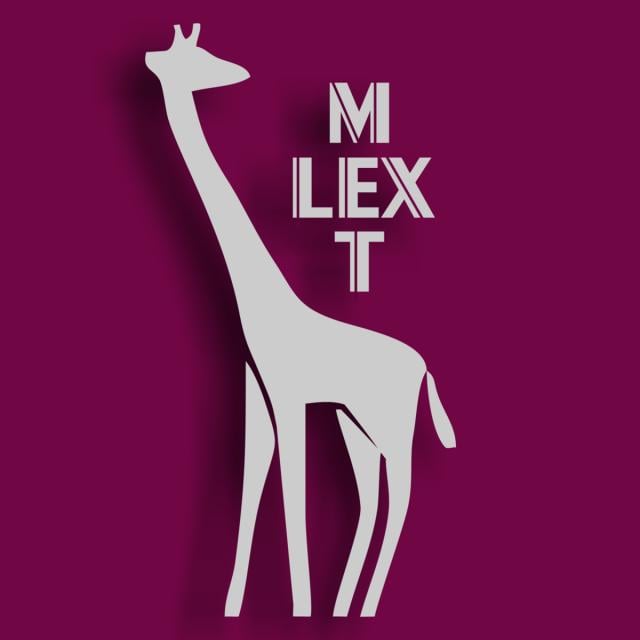MOOC List is learner-supported. When you buy through links on our site, we may earn an affiliate commission.

MOOC List is learner-supported. When you buy through links on our site, we may earn an affiliate commission.
The course is designed for students of linguistic programs (BA, MA, PhD), as well as for teachers and researchers in the named field.
The course contains the overview of different approaches to the semantic description of lexical items and lexical systems in different languages and discusses the methodology of Moscow Lexical Typology Group (lecture 1). This methodology (“frame approach”) is illustrated with the data of the following domains: aquamotion verbs (lecture 2), verbs of falling (lecture 3), adjectives denoting oldness (lecture 4) and pain metaphors (lecture 5 and 6). The results of the analyses are visualized with specially constructed lexical semantic maps
Syllabus
WEEK 1
What is special about lexical typology: methodological issues
This lecture is the introduction to the whole course. It describes different approaches to the semantic typology of lexicon and presents research methodology of the Moscow Lexical Typology Group.
WEEK 2
Does the octopus swim? AQUA-motion in cross-linguistic perspective
The lecture considers the project on AQUA-motion verbs in more than 50 languages and describes the possible strategies of colexification of basic situations denoting being in water and motion in water.
WEEK 3
Jack and Jill fell down the hill: Typological approach to verbs of falling
The lecture describes the results of our research on the typology of verbs of falling, including types of falling and falling metaphors. In addition, it focuses on special cases and several other semantic fields closely related to falling.
WEEK 4
How do we think about oldness?
This lecture tells about the experiment of a dictionary-based semantic analysis of quality terms describing the domain of OLD in 100 languages. Semantic systems and semantic oppositions within these systems are revealed and it is argued that the linguistic behavior of quality terms is semantically motivated.
WEEK 5
Words that change their meaning: pain metaphors and pain constructions. Part 1
This lecture introduces the notion of secondary pain terms. Unlike prototypical pain verbs, which have pain as their direct initial meaning, secondary pain terms denote other types of situations, like cutting, burning, etc., while pain is their secondary meaning. The lecture shows that the corresponding semantic shifts are far from trivial.
WEEK 6
Words that change their meaning: pain metaphors and pain constructions. Part 2
This lecture continues discussing secondary pain terms. It points out the syntactic and semantic peculiarities of this shift to the pain domain and considers their contribution to the theory of metaphor and metonymy.
MOOC List is learner-supported. When you buy through links on our site, we may earn an affiliate commission.
MOOC List is learner-supported. When you buy through links on our site, we may earn an affiliate commission.
